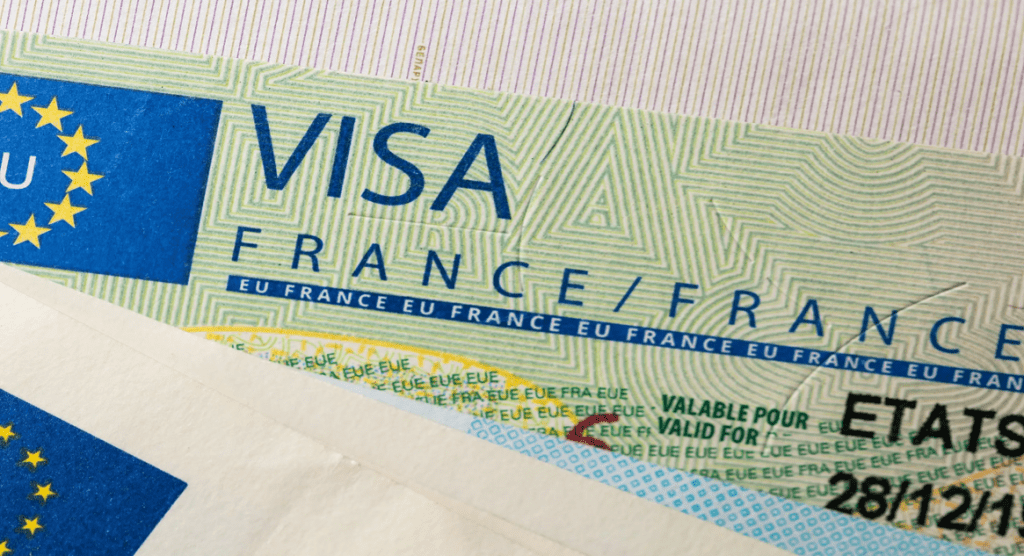France has decided to halve the number of visas issued for citizens of Algeria and Morocco, and also introduced a 30-percent reduction for Tunisians.
Paris’s decision to tighten the conditions for granting visas for Moroccan citizens is unjustified and does not reflect the reality of consular cooperation in the fight against illegal immigration, Morocco’s Foreign Affairs Minister, Nasser Bourita said on Tuesday in Rabat.
“We take note of this decision but consider it unjustified for a number of reasons, the first of which is that Morocco has always treated the issue of migration with the logic of responsibility and the necessary balance between facilitating the movement of people (students, businessmen and others. .), the fight against illegal immigration and the firm treatment reserved for people in irregular situations,” Bourita told a press conference at the end of a meeting with his Mauritanian counterpart, Ismael Ould Cheikh Ahmed.
Under this approach, Morocco acts responsibly, said Mr. Bourita, adding that all requests made by the French authorities in this regard have been processed.
The minister also said that 461 passes have been issued to people who were in an irregular situation and that 128 of them have been admitted, adding that Morocco conditions the return of its nationals to the fact that they have a passport or a pass, and in the wake of the pandemic of covid-19, the Kingdom requires in addition, a negative PCR test to have access to the national territory.
What France does not declare, he noted, is that many individuals with travel documents have not been able to return to Morocco because they refuse to perform this screening, which is optional in France, thus calling “inappropriate” the adoption of the parameter of refusal to issue consular declarations necessary for the return of emigrants.
The problem is Franco-French because if the French law does not allow its authorities to require migrants to submit to this test for their repatriation, Morocco will not change its laws to allow people from France to access its territory without being tested, he added.
However, the decision of France remains sovereign but the reasons for it require precision and debate, as they do not reflect the reality of consular cooperation between the two countries in the fight against illegal immigration, the minister insisted, saying that Morocco will closely monitor this decision.
While pointing out that the French decision was taken without any consultation or prior information from Morocco, Bourita stressed that the management of the migration issue must not be linked to internal political contexts and should not be subject to political and electoral environments.
In an unprecedented move, France has decided to tighten the conditions for granting visas to Morocco, Algeria and Tunisia, the French government spokesman Gabriel Attal announced on Tuesday morning on Europe1.
The rationale of this decision is the “refusal” of these countries to issue the consular passes necessary for the return of immigrants turned away from France, he said.
“It is a drastic and unprecedented decision, but it is also a decision made necessary by the fact that these countries do not agree to take back nationals that we do not want and cannot keep in France,” he said.
Paris blames the three Maghreb countries for “slowing down the effectiveness of effective deportation” at the border once the obligations to leave French territory (OQTF) are issued. “There was a dialogue, then there were threats, today we put this threat into effect,” the French government spokesman explained.
Asked about how long this measure will be in force, Gabriel Attal said that it had been “Taken a few weeks ago” and “will be implemented” to “push the countries concerned to change their policy and agree to issue these consular passes.” “We would like the reaction to be more conciliatory with France so that we can enforce our migration rules,” Mr. Attal concluded.
HA/Los/fss/abj/APA


